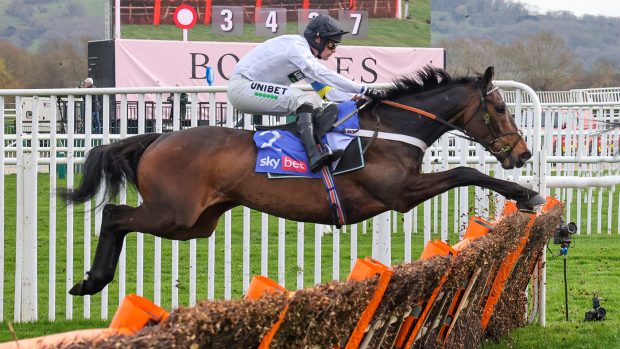Vet James Main is to have his position on two British Horseracing Authority (BHA) committees reviewed following the high profile doping case involving Nicky Henderson trained racehorse Moonlit Path.
Mr Main, who sits on the BHA’s veterinary committee and its counter analysis advisory committee — which determines where a “B” sample will be tested following a positive drug test result — gave a banned drug to the horse before her debut race on 19 February.
A spokesman for the BHA said: “Now that the case has been concluded we will be reviewing Mr Main’s position on our counter analysis advisory committee and veterinary committee, although cannot comment on whether or not we will be passing the disciplinary panel’s findings to the RCVS.”
The six-year-old mare returned a positive test for tranexamic acid (TA) — a drug that aids blood clotting in horses prone to bleeding — after finishing sixth at Huntingdon.
Henderson, who trains the horse for The Queen, was last Thursday (2 July) fined a record £40,000 and banned from entering horses into races for three months (from 11 July – 10 October) after being found guilty of administering a banned drug.
Although the drug can be used legally in training it must not be present in the horse’s system on a raceday.
Mr Main declined to give evidence and told the BHA that he didn’t know TA was banned substance.
But as a member of the two committees and as the senior vet at Newbury racecourse, the BHA hearing panel found it “impossible to accept that a vet with the experience Mr Main possesses did not know that TA was prohibited”.
Although Mr Main injected Moonlit Path at 6.30am on the day of the race, the “animal history” maintained by Mr Main’s practice described his visit as just a “pre-race check”.
The panel concluded that the log was “calculated to mislead in the event of an outside investigation.”
Stephen Higgins managing director at Newbury racecourse said: “He is currently licensed to act as the senior racecourse vet by the BHA so it will be reviewed by them. Any work he’s done for us in the past has been excellent.”
Mr Henderson was found guilty of administering the drug on the day of racing without permission from a course vet and failing to record the treatment. He was also found guilty of administrating a banned substance either with the intention of affecting her performance or knowing her performance could be affected.
But Mr Henderson claimed he used the substance soley on “welfare grounds” and that he too was unaware it was banned.
The panel accepted the drug was “unlikely to enhance mare’s performance but ruled the evidence showed that horse welfare could not be seen as Henderson’s sole intention.”
Last week Mr Henderson branded the decision as “harsh” but that he “accepted the findings”.
“Although the medication should not have been administered, I can only reiterate, as the panel has accepted, that it was only given in the interest of the welfare of Moonlit Path herself,” said Mr Henderson in a statement.




